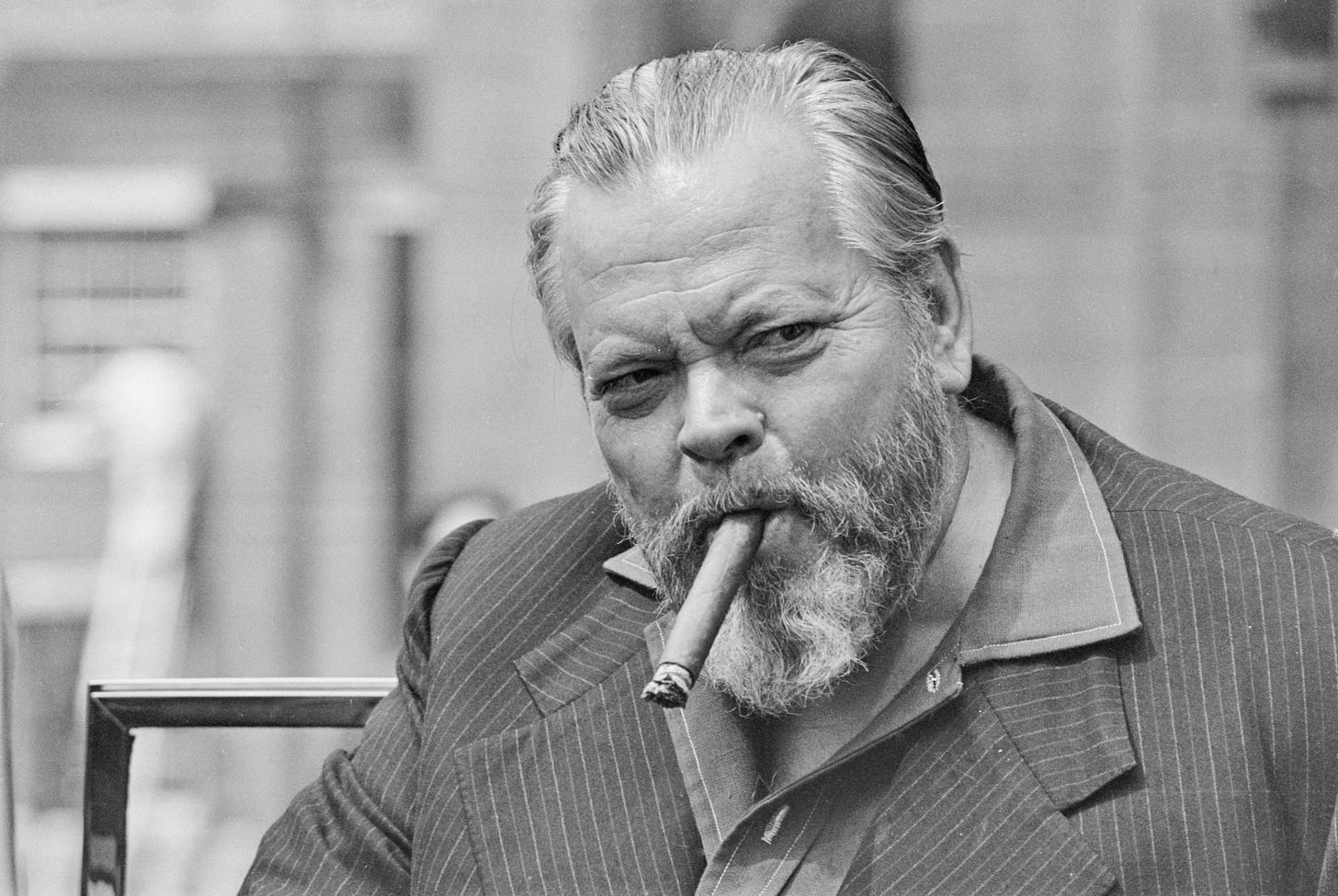“If you want a happy ending, that depends on where you stop your story.”
Orson Welles
Orson Welles, born on May 6, 1915, was an American filmmaker, actor, and writer renowned for his groundbreaking work in theater, radio, and film. He is best known for directing and starring in the 1941 film "Citizen Kane," which is often cited as one of the greatest films ever made. Welles was a master storyteller who constantly pushed the boundaries of narrative and cinematic techniques, exploring the complexities of human nature and the elusiveness of truth.
In this quote, Welles offers a profound observation on the nature of stories and life itself. He suggests that the concept of a "happy ending" is inherently subjective and depends largely on the point at which we choose to conclude the narrative. Every story is ongoing, and every life is filled with ups and downs, triumphs and tragedies. By choosing where to stop the story, we can frame it in a way that seems to have a happy ending, even if the broader picture may be more complicated.
Welles’ insight highlights the idea that the ending of a story is a matter of perspective. In life, as in storytelling, events continue to unfold beyond any arbitrary point where we might declare the end. What might seem like a happy ending at one moment could be followed by new challenges or misfortunes in the future. Conversely, a situation that seems bleak may later be seen as a turning point that leads to eventual happiness or growth. Therefore, the happiness of an ending is not an absolute truth but a narrative choice, one that depends on when and how we choose to frame the story.
This perspective aligns with Welles' broader artistic vision, which often challenged conventional storytelling and embraced ambiguity. In "Citizen Kane," for example, Welles tells the story of a man's life through multiple, sometimes conflicting perspectives, ultimately suggesting that no single narrative can capture the full complexity of a person's existence. Similarly, this quote reflects the idea that life is a series of moments and that any ending is merely a snapshot in an ongoing story.
Welles’ quote also touches on the human desire for resolution and the comfort of a happy ending. We often seek closure and satisfaction in the stories we tell ourselves and others, whether in literature, film, or our own lives. However, Welles implies that this desire for a neat, happy ending can be an illusion, as life rarely fits into such tidy conclusions. Recognizing this can lead to a more nuanced understanding of our experiences and the nature of storytelling itself.
In summary, Orson Welles' quote is a reminder that the concept of a happy ending is a matter of where we choose to draw the line in the narrative. It invites us to consider the subjective nature of storytelling and the ongoing, evolving nature of life. By acknowledging that any ending is merely a point of perspective, Welles encourages a deeper appreciation of the complexities and unpredictability inherent in both stories and life.




